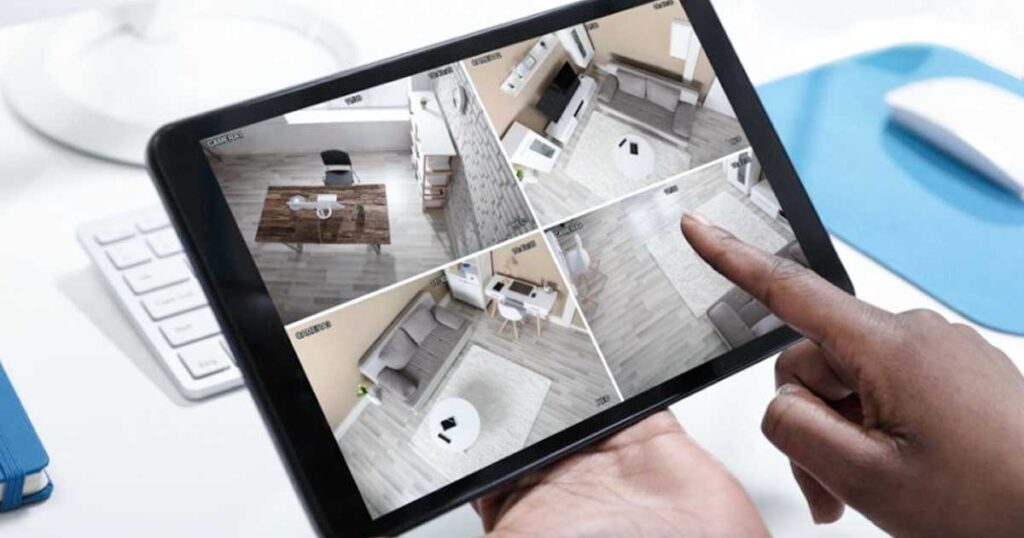Cataracts occur when the lens of the eye becomes opaque, causing blurred vision. Cataracts can affect one or both eyes and are very common. However, driving safely requires clear vision, so cataracts can have a major impact on your performance behind the wheel. The impact depends on the progression of the cataracts.
Early stages may not cause much trouble, but in later stages, the blurred vision can cause issues like glare from headlights, poor night vision, and double vision. In most cases, corrective surgery is available to relieve symptoms and make driving possible again.
Dementia is a condition affecting memory, thinking, and social skills. The most common cause of dementia is Alzheimer’s disease, but it can also be caused by stroke, brain injury, and other diseases.
Dementia can make driving unsafe. It impairs judgment, memory, and decision-making skills. While individuals might still be able to drive safely in the very early stages of dementia, their condition should be monitored closely. Dementia is nearly always progressive, and eventually driving will become too risky and dangerous.
Macular degeneration is one of the leading causes of vision loss, especially among people over age 60. This is called age-related macular degeneration, and it refers to progressive worsening and loss of vision as people get older.
Macular degeneration can cause distortion in your central field of vision and make objects appear less sharp and defined. It can make seeing road signs, pedestrians, and objects in the road very difficult. There is no cure for macular degeneration. If the condition continues to progress and driving becomes unsafe, individuals may need to find alternative means of transportation.
Epilepsy is a neurological disorder that causes recurring seizures. It has many causes, including genetic disorders, brain injury, and stroke. Epilepsy is typically treated with anticonvulsant medications, although they are not always completely effective. Sometimes surgery is required.
As seizures cause a temporary loss of awareness or consciousness, driving with uncontrolled epilepsy could be a major safety risk. Many people with epilepsy will be subject to restricted driving privileges unless they can prove that the condition is controlled and that they have been seizure-free for a period of time. The exact requirements vary from state to state.
There are many more conditions that can impact driving ability, but these are the most common.
To learn more about safety on the road, read through our Car Safety Guide. If you worry that you or a loved one aren’t able to follow the tips in that guide due to a medical issue, it may be time to visit a doctor to evaluate the problem.











